
Together let’s count all the votes
Carlos Torriellos is changing the political system in Latin America. He is the face of a volunteer group, consisting of concerned citizens in Guatemala, called Fiscal Digital. This translates to, “The Digital Witness”. Their goal is to certify post-election paper ballot results in a corrupt and broken system.
Last year, in mid 2019, Guatemala held an election. Everything was going fine, until doubt was cast on the official results through social media. The situation escalated quickly and no one seemed to have a solution. The election officials began searching for a solution.
Back in 2018, Carlos and some colleagues built the system that is now being utilized by the Guatemalan government. The platform wasn’t originally built for certifying election results. Their plans to gain traction and revenue diminished and they tabled the project temporarily. Then it happened. Opportunity came a knockin’.

The stage was set. The Guatemalan government was in quite a predicament. Unrest was at hand. The election officials were in a tough spot and like a knight in shining armor, Fiscal Digital appeared. Fortunately, their solution was simple. Authenticate election results in real time.
Carlos gets into the details around the 07:46 mark.
Something as simple as having multiple people check the digital signatures of the images and tally the votes on those images while arriving at the same conclusion is enough to authenticate election results. The system is live now. You can see results and participate yourself on the Fiscal Digital website.

The US Government needs this tech
Governments should consider using Fiscal Digital is an inexpensive process to determine election authenticity in near real time. The code is already available. Instead of UBI, give out election audit jobs. Reward people for doing the audit work and tallying votes. It’s cheaper and builds a more sustainable economy if you pay the citizens to act as the witness. Not to mention giving the people the transparency they so desperately deserve.
Their motivation is nearly as impressive as their solution. If you know people in governments who can give this project visibility, please make sure to contact Carlos. His information is below. What they are doing has the ability to bring back the sanctity of democratic elections. Give the power to the people and let them check the results.
Quote your favorite moment and tag @CoinStructive, @djkinkle, @carlostoriello, #Fiscal_Digital & #LABradio.
Enjoy!
Further Reading and Resources
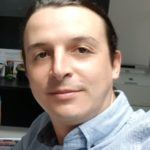
Carlos Torriellos Herrerrias, Volunteer & Champion at Fiscal Digital – LinkedIn – Twitter

Fiscal Digital – Website – Email – YouTube – Facebook – Github – Use hashtag #Fiscal_Digital

Darknets Rising
The Darknet is powered by cryptocurrency. On episode 82 of LAB Radio we speak with Cedric Dahl of 1000X Group about this controversial place. Most people have heard of the Darknet, but know what really goes on or how it operates. We dispel some myths and provide insight to why crypto is used predominantly on darknet markets.
Cedric, like most of us, shrugged off Bitcoin when first told by a friend. The only difference for most us the is when the clock first starts ticking. For Cedric it was 2010. By the time he became a believer, he was farther ahead of the game than most.
His first fascination was when he was told that it was being used on the Darknet for drugs and other nefarious activities. His shock came from realizing the power of a non-state controlled medium of exchange. Power to the people.
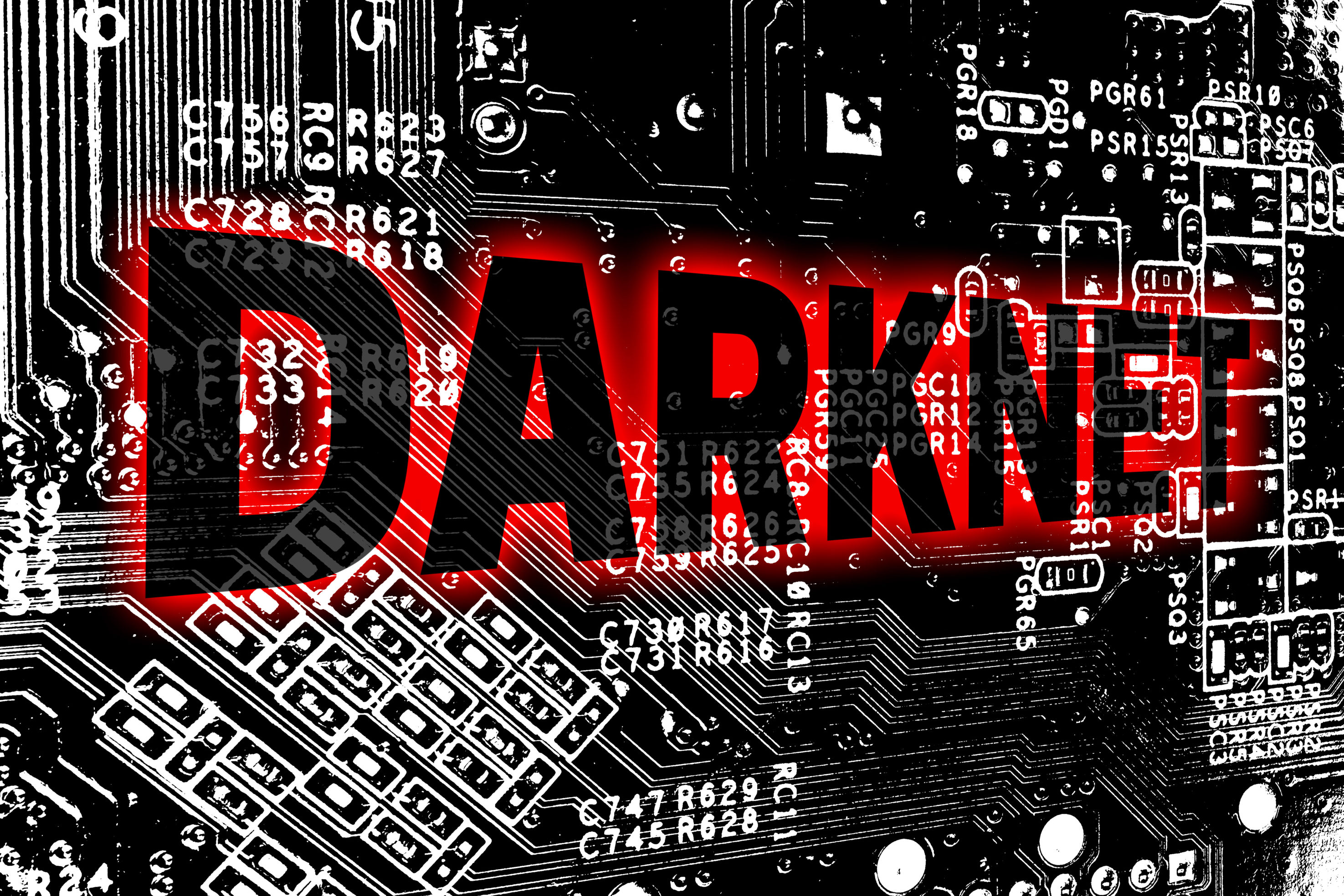
The money use case was interesting, but after the Silk Road trial it was obvious that Bitcoin was not nearly as anonymous as we all thought. So why are the majority of Darknet markets still using Bitcoin?
Bitcoin is still the predominant currency used for these markets because its ease to acquire, ease of sending and inability to stop two people from transacting. The casual user is not worried about being traced to Darknet markets, but operators are.
Governments use the Darknet too
How are they getting around this. Cedric believes the increased anonymity from tools like CoinJoins plays a part. A CoinJoin is the Mixers and Tumblers advanced and distant cousin. Mixers were the first tools people had to combat the deanonymizing blockhain forensics companies. They are simple software that takes bitcoin and breaks it into small pieces, shuffling it around through other transactions and mixing it with other people's bitcoins in hopes of causing ambiguity.
There is a lot of good information in this podcast. If you're in Law Enforcement or other types research, they offer a report. You can follow the link to sign up in the section below. Their insights are pretty amazing.
Quote your favorite moment and tag @CoinStructive @djkinkle @cedricmakes & #LABradio.
Enjoy.
Further Reading and Resources
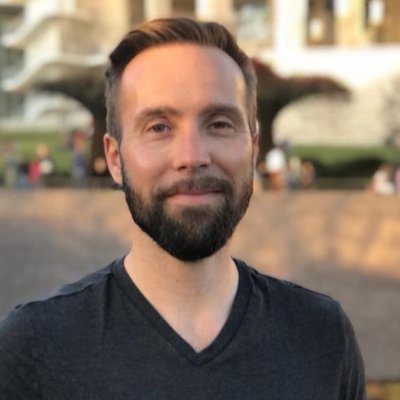
Cedric Dahl, Founder of 1000X Group - LinkedIn - Twitter

1000X Group - Website - Email - Report
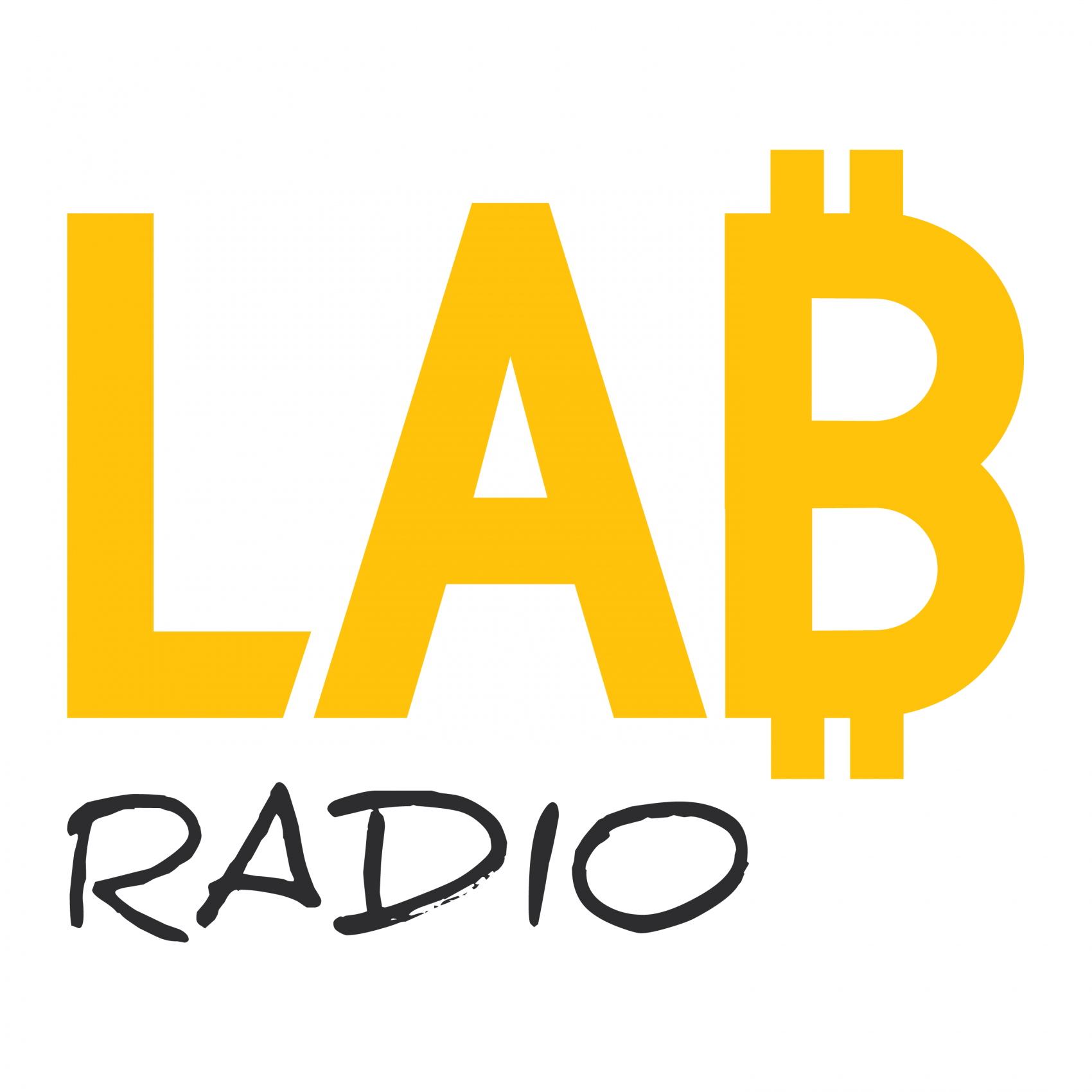
The Creation of a New Nation

Welcome to the Free Republic of Liberland. Wait you've never heard of this country? "Well, that's a pretty normal response", says Joey Langenbrunner, Deputy Head of Mission to the United States.
Liberland is new. The micronation, like Somaliland, will have existed for 5 years on April 13th, 2020. The delegation is planning a big celebration. They are launching they're own blockchain for governance and a cryptocurrency called Merits. Although, they are starting to get recognition internationally, they are still not recognized by the UN.
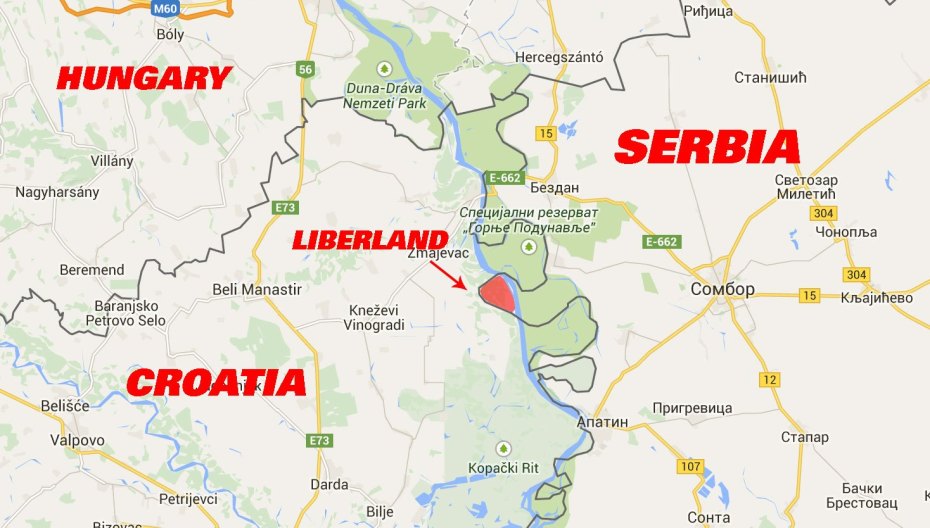
This micronation lies along the Danube river, between Serbia and Croatia. The land lay unclaimed after the dissolution of Yugoslavia in 1991. The Danube is an international waterway and lends to many interesting trade and commerce opportunities.
Liberland is will act as a testing ground for new models of governance. Additionally, they are planning an e-residency program like Estonia. After the launch of their blockchain in April 2020 they will start issuing citizenships too. As a result, these announcements caused them to receive over 600,000 applications for citizenship.
We've had over 600K applications for citizenship.
There are still many issues to sort out, but Joey is confident the last 5 years of work Liberlanders have put in will pay off. His path to become a citizen is one of perseverance and dedication. All things have led him up to this point.
Joey is very passionate about the goals of Liberland and it will be interesting to watch this nation grow. We encourage you to support Liberland. Why, you ask? Experimentation is needed in governance and what better way to accomplish this than by letting a real sovereign and peaceful nation attempt it.
Nevertheless, numerous lessons are to be learned.
Quote your favorite moment and tag @CoinStructive @djkinkle @joeyyusef & #LABradio.
Enjoy.
Further Reading and Resources
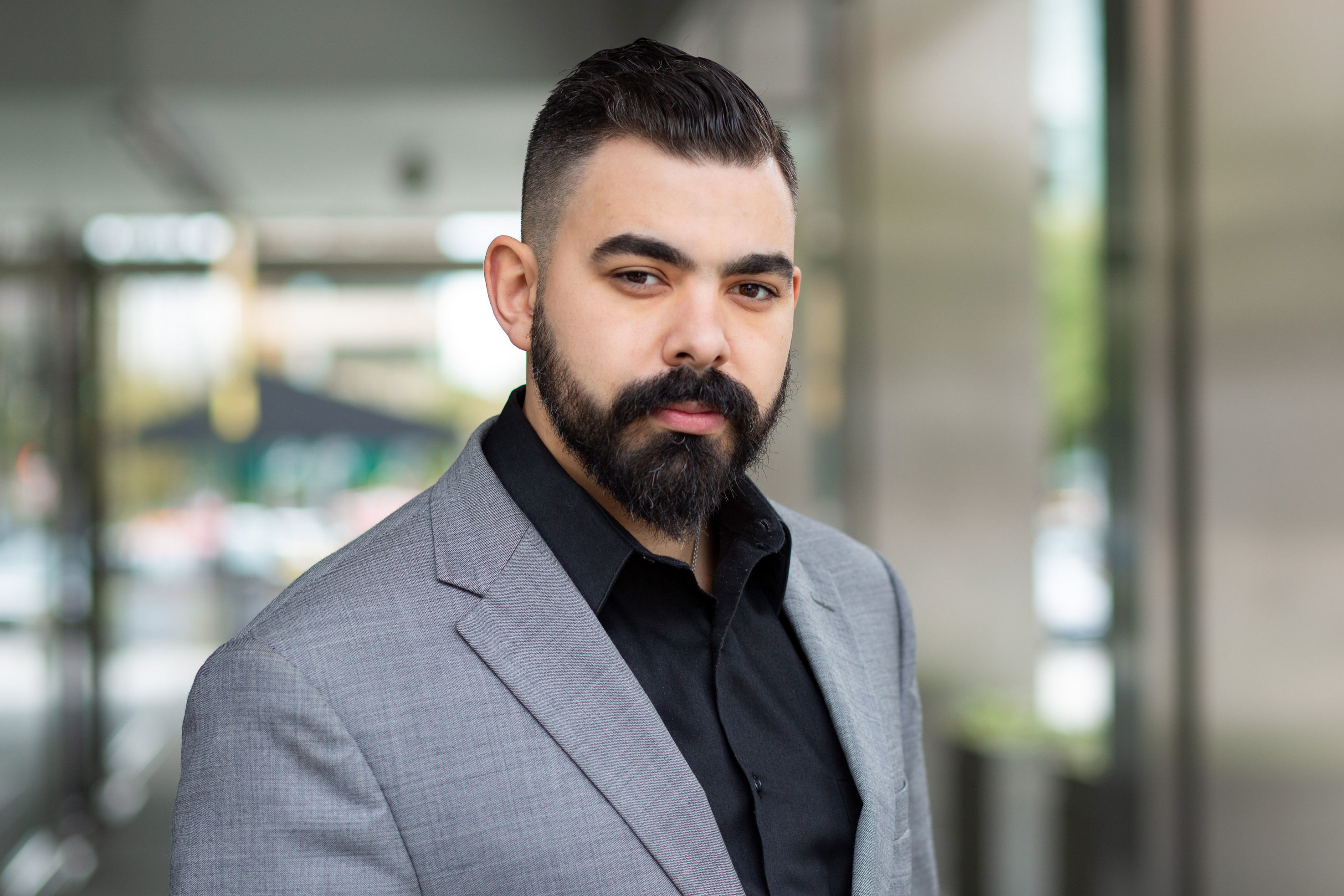
Joseph Langenbrunner, Deputy Head of Mission to USA, Free Republic of Liberland - LinkedIn - Email - Twitter
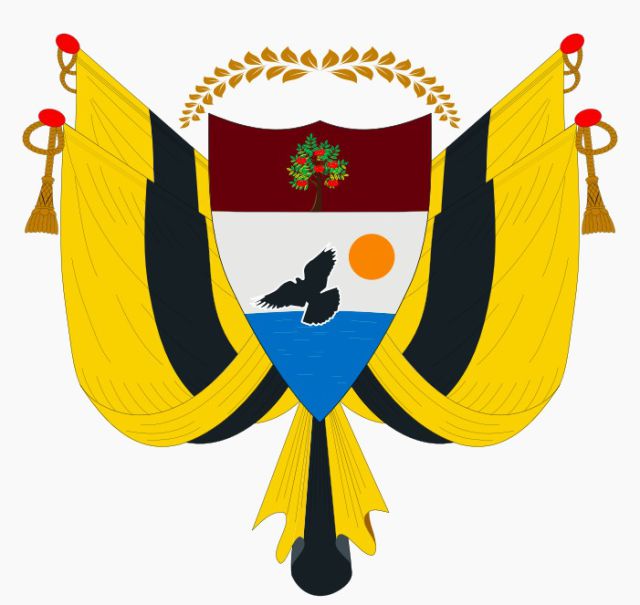
The Free Republic of Liberland - Website - Wiki
This episode is LAB Radio's "Best of 2019". It's composed of several clips from guests over the past year. For many, 2019 will be one of those years in crypto that won't stand out in people's minds much. It wasn't flashy. There wasn't a lot fanfare. CNBC wasn't pumping XRP. It was quiet and people were busy building great things.
I was fortunate to sit down with many amazing people this year to discuss their thoughts and contributions on the industry. Unfortunately, I had to narrow it down to just a hand full of clips but, trust me, all of our guests were fire. I know you'll enjoy hearing perspectives from the likes of:
- Alex Mashinsky & Leah Jonas, Celsius Network
- Jan Čapek, Braiins
- Hannah Rosenberg, Velas Commerce
- Hailey Lennon, Coinbase
- Xan Ditkoff, Blockstack
- Uri Klarman, bloXroute Labs
- Alyse Killeen, Stillmark Capital
- Alex Adelman, Lolli
- Caitlin Long, Lawyer
- R0ckstar Developer, BTC Payserver
So no matter how awful a year in crypto seems, try to remember we are just getting started. Building a foundation for the next quarter millenia of finance, while simultaneously breaking down the current one, is no small feat.
The Crypto and Blockchain industry isn't just about changing finance, it's about creating a better world to live in. Whether you're new to crypto or have been following along for years, it's not too late to join the movement. For these technologies to succeed in allowing humans to participate in free global trade without the interference of governments, we need all people, from all walks of life to start by asking the question, "What is money?"
We do this show for you, our listeners. Please like, subscribe, share and follow.
Brought to you commercial free by CoinStructive.
